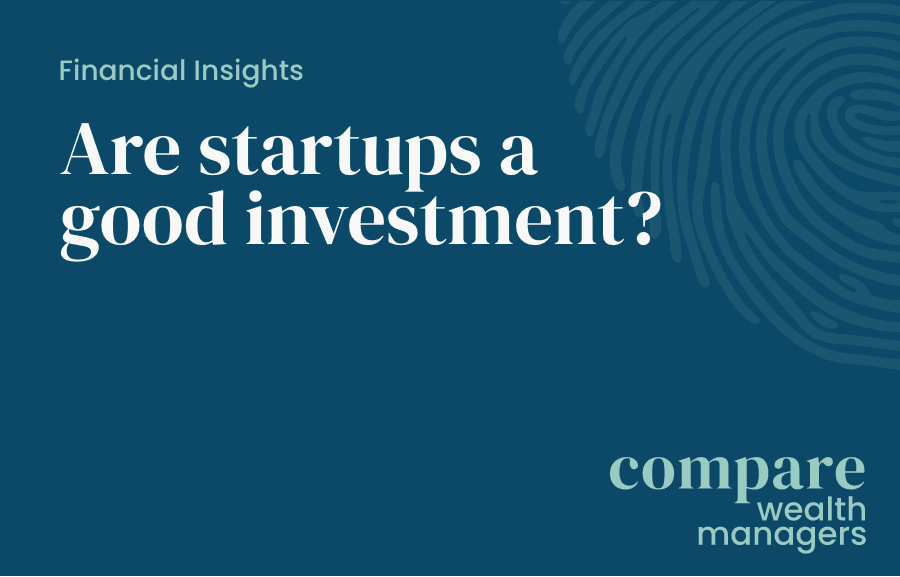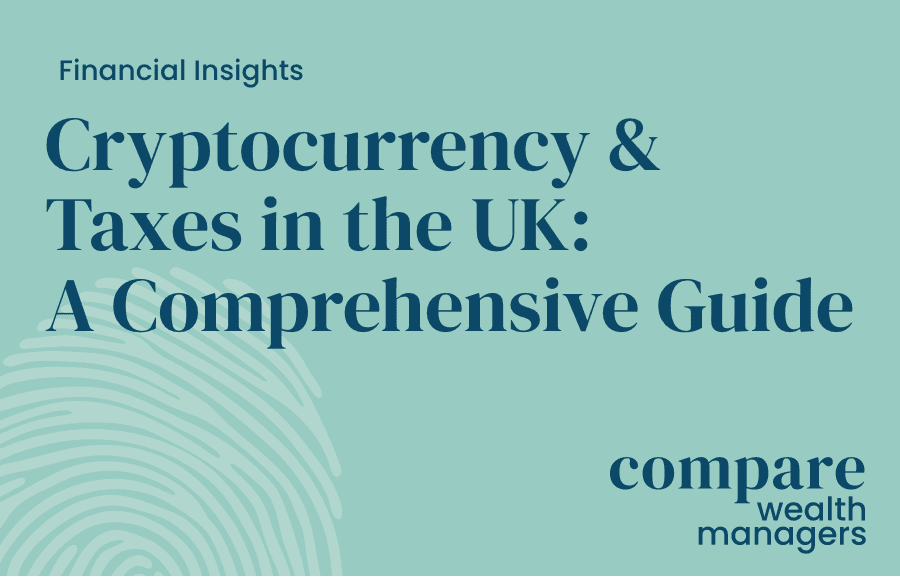- AI is helping transform investment management via robo-advisors, algorithmic trading, and decision-support systems.
- AI bots offer speed, efficiency, and cost saving optimisation but lack emotional intelligence and long-term strategic thinking which are important for client relations.
- Traditional wealth managers on the other hand provide personalised financial planning, support with crisis management, and customised investment strategies.
- AI outperforms humans in trade execution and risk assessment but struggles in unpredictable market conditions such as Black Swan events which deviate significantly from historical trends.
- The future of wealth management lies in a hybrid model combining AI-driven insights with human expertise and intuition.
Table of Contents
- AI in Investment Management
- How Do AI Bots Compare to Wealth Managers?
- Performance Comparison: AI vs. Human Managers
- The Future: A Hybrid Approach
AI is revolutionising wealth management by using tools like robo-advisors, risk assessment and algorithmic trading bots, offering speed, efficiency, and cost savings. However, it falls short in emotional intelligence with clients and the long-term strategic thinking that human wealth managers provide. This article compares AI-powered strategies with traditional wealth management, exploring the benefits of combining both for optimal results.
AI in Investment Management
AI investment tools utilise machine learning, vast financial data sets and algorithmic trading to analyse market trends and execute trades efficiently. These AI-driven solutions fall into three main categories:
- Robo-Advisors:
Automated platforms providing personalised portfolio management based on risk tolerance, investment goals, and financial history. One system includes Betterment, which uses algorithms to build diversified portfolios based on personal risk tolerances, timescale and financial goals. In 2020 Betterment announced its portfolio outranked traditional advisors in both tax-efficient and low-cost passive investment strategies, attracting millions of customers globally, who were looking for personalised investment solutions.
- Algorithmic Trading Bots:
AI programs designed to execute high-frequency trades and capitalise on micro-market movements. For example, in 2024 Qraft Tech’s AI-Enhanced ETF saw a 38% gain due to growth in stocks like Nvidia, Tesla and Palantir, demonstrating the ability of algorithmic trading bots to identify stock momentum and capitalise on opportunity.
- AI-Enhanced Decision Support Systems:
Platforms that assist human wealth managers by offering predictive analytics and risk assessments. An example of this would be BlackRock’s Alladin platform which utilises machine learning to analyse risk and investment opportunities across a portfolio as well as combining historical data with predictive analytics to assist wealth managers in optimising returns and reaching clients financial goals.
These AI-enhanced systems aim to improve decision-making and optimise returns while minimising emotional bias, which can sometimes cause human investors to lose out on opportunities.
How Do AI Bots Compare to Wealth Managers?
Traditional wealth managers provide personalised financial planning, estate management, and investment strategies tailored to individual client needs. Thanks to its gathered experience, a human wealth manager can provide holistic financial planning, assessing life goals, retirement plans, tax strategies, and wealth management to create a comprehensive financial plan tailored to the client’s unique situation. They also bring emotional intelligence to the table, understanding client psychology and offering reassurance during volatile markets. This ability allows human advisors to guide investors through emotional and financial challenges, adjusting strategies accordingly. Additionally, bespoke investment strategies are a key aspect of wealth management, as high-net-worth individuals often require customised solutions based on market experience and individual preferences, ensuring a personal touch to their financial management.
In contrast, AI-driven investment solutions primarily focus on data-driven decision-making, analysing historical and real-time data to identify patterns and predict market movements with precision. AI also offers cost-effective management by reducing the need for human advisory fees, making wealth management accessible to a broader audience. Furthermore, 24/7 monitoring and execution is a significant advantage of AI, as bots can continuously track market trends and execute trades around the clock, providing instant responses to market changes without requiring human intervention.
Overall, the optimal solution lies in the combination of AI-enhancement with the expertise and guidance of human wealth managers.
Performance Comparison: AI vs. Human Wealth Managers
Choosing between AI investment strategies and traditional wealth managers depends on market conditions and your personal goals. At the heart of it, the factors shown below help determine which approach will deliver the best results for you:
- Market Efficiency & Speed:
AI bots outperform humans in executing trades rapidly, especially in high-frequency trading environments. For example, Chinese hedge fund High-Flyer has successfully utilised AI, leading to a broader AI revolution in China's fund management industry.
- Risk Management:
AI can process large data sets and detect potential risks quicker than human managers, reducing exposure to volatile assets. AI in Wealth Management uses its ability to condense financial data allows smaller teams to offer services that previously required larger groups, enhancing efficiency in risk assessment.
- Personalised Long-Term Strategy:
While AI excels in short-term market predictions, human advisors provide nuanced long-term strategies that factor in changing economic conditions, personal life events, and tax planning. Human wealth managers have the insight and intuition to manage personal priorities as part of their service whereas AI may struggle to integrate unless specifically instructed to.
- Crisis Management:
In unpredictable markets, human managers can offer reassurance and strategy adjustments that AI bots may struggle to replicate. Human advisors, assisted by AI, remain crucial in guiding clients through complex financial landscapes.
The Future: A Hybrid Approach
Rather than AI replacing wealth managers, the industry is moving towards a hybrid approach that integrates AI-driven analytics with human expertise. Many leading investment firms now use AI to optimise portfolio management while maintaining human oversight for personalised financial planning and emotional intelligence. For instance, JPMorgan plans to expand the use of a generative AI tool that assists portfolio managers in decision-making, illustrating the collaborative potential of AI and human advisors.
AI's role in investment management will continue to expand, but human advisors remain crucial for complex financial strategies. Investors must assess their individual needs, whether they prioritise cost-effective automation or personalised wealth management, when deciding between AI-driven solutions and traditional wealth managers.
AI is transforming the investment landscape by offering efficient, data-driven solutions that complement traditional wealth management. The optimal approach may lie in combining the strengths of both AI and human advisors to achieve the best outcomes for investors.
For investors seeking expert guidance to complement AI-driven solutions, Compare Wealth Managers provides a free service to connect you with a wealth advisor tailored to your financial needs. By combining technology with human expertise, you can optimise your investments and long-term financial strategy. Simply click the orange "start comparing" button to get started and check out our 5* reviews from Trustpilot.




